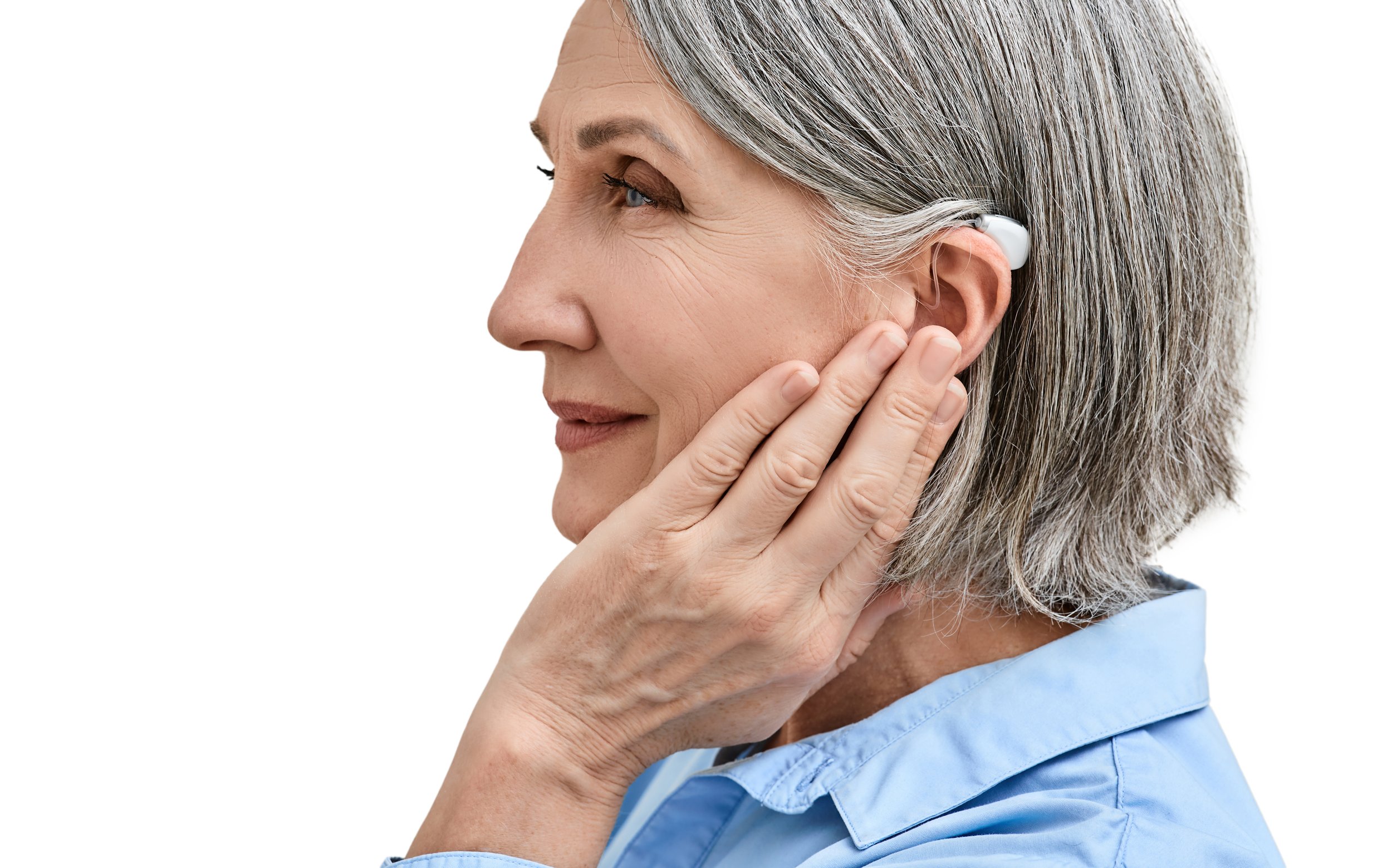
Hearing impairment in Adults: Vitals, hEmodynamics, Neuroimaging and Sleep sensing (HAVENS)
The Challenge
Midlife hearing loss is one of the most significant modifiable risk factors for dementia, yet the relationship between hearing device use, cognitive decline, and sleep health remains poorly understood. Sleep disturbances are common in people with hearing loss and dementia, but their role in the progression of cognitive impairment is unclear. This knowledge gap limits our ability to develop targeted interventions that could improve brain health and quality of life for hearing device users. The challenge is further compounded by the lack of integrated, longitudinal data combining brain function, sleep quality, and physiological measures in this population. Understanding how hearing aids or cochlear implants influence cognitive ageing—and the role sleep plays in this process—is critical to addressing Australia’s growing burden of dementia. With an ageing population and increasing hearing device use, there is an urgent need for innovative research that can uncover biomarkers and patterns linked to brain and cognitive health in real-world settings.
The Solution
This project addresses the critical link between hearing loss, sleep, and cognitive decline by conducting an Australian-first prospective study of hearing device users. It leverages the transformative “Hearing impairment in Adults: Longitudinal Outcome Study” (HALOS) project, which collected health and social outcome data on 747 hearing device users. The project integrates cutting-edge sensing technologies to assess brain structure (MRI), brain function (fNIRS, EEG), sleep and physiology (biometric sensors), and blood biomarkers related to dementia. Data from 140 Sydney-based participants will be collected and analysed using advanced machine learning to identify patterns and biomarkers associated with cognitive and physical health. By linking imaging, sleep, and physiological data with longitudinal outcomes, the study will uncover how hearing aids and cochlear implants impact brain health over time. Findings will inform personalised treatment strategies—such as cognitive training or sleep interventions—to support healthy ageing in hearing-impaired adults. This comprehensive, multi-modal approach aims to fill a major research gap and provide the evidence needed to guide future clinical practices and public health strategies for dementia prevention.



